 At the central loggia of St. Peter's Basilica on Christmas morning, the Pope delivered his traditional Christmas greetings and his blessing Urbi et Orbi, to the City (Rome) and to the World.
At the central loggia of St. Peter's Basilica on Christmas morning, the Pope delivered his traditional Christmas greetings and his blessing Urbi et Orbi, to the City (Rome) and to the World.


Contends That Christ's Birth Isn't "Great" by World's Standards
VATICAN CITY, DEC. 25, 2007 (Zenit.org).- Today a great light and hope entered the world, but humility is needed in order to see and accept it, said Benedict XVI in his traditional Christmas message.
The Pope affirmed this today from the central balcony at St. Peter's. He gave a Christmas greeting in 63 languages then gave his blessing "urbi et orbi" (to the city of Rome and the world).
"The birth of a child normally brings a light of hope to those who are waiting anxiously," the Holy Father said. "When Jesus was born in the stable at Bethlehem, a 'great light' appeared on earth; a great hope entered the hearts of those who awaited him: in the words of today's Christmas liturgy, 'lux magna.'
"Admittedly it was not 'great' in the manner of this world. [...] Yet, in the shadows and silence of that holy night, a great and inextinguishable light shone forth for every man; the great hope that brings happiness entered into the world.
The Pontiff reflected on the mystery of Christmas as the coming of light into the world.
"The creative Word of God is light, the source of life. All things were made through the Logos, not one thing had its being but through him," he said. "That is why all creatures are fundamentally good and bear within themselves the stamp of God, a spark of his light.
"Nevertheless, when Jesus was born of the Virgin Mary, the Light himself came into the world. [...] In Jesus, God assumed what he was not, while remaining what he was: 'Omnipotence entered an infant's body and did not cease to govern the universe.'
"The Creator of man became man in order to bring peace to the world. For this reason, during Christmas night, the hosts of angels sing: 'Glory to God in the highest, and peace on earth to those whom he loves.'
Humility
Benedict XVI said the light of Christ is the bearer of peace. Quoting the entrance antiphon of Christmas Midnight Mass, he said, "Today true peace has come down to us from heaven."
He continued: "Indeed, it is only the 'great' light manifested in Christ that can give 'true' peace to men: That is why every generation is called to welcome it, to welcome the God who in Bethlehem became one of us.
A peekaboo moment, before the Pope emerged.
"This is Christmas -- the historical event and the mystery of love, which for more than 2,000 years has spoken to men and women of every era and every place. It is the holy day on which the 'great light' of Christ shines forth, bearing peace!"
If we are to recognize the light, the Pope affirmed, "faith is needed and humility is needed."
Humility, he said, like that of "Mary, who believed in the word of the Lord and, bending low over the manger, was the first to adore the fruit of her womb; the humility of Joseph, the just man, who had the courage of faith and preferred to obey God rather than to protect his own reputation; the humility of the shepherds, the poor and anonymous shepherds, who received the proclamation of the heavenly messenger and hastened toward the stable, where they found the newborn child and worshipped him, full of astonishment, praising God."
"The little ones, the poor in spirit: They are the key figures of Christmas, in the past and in the present," the Pope said. "They have always been the key figures of God's history, the indefatigable builders of his Kingdom of justice, love and peace."


Who's Ready for Peace? Asks Pontiff
VATICAN CITY, DEC. 25, 2007 (Zenit.org).- Benedict XVI is asking who is ready to receive the peace that Christ offers with his coming to the world.
The Pope asked this question today from the central balcony of St. Peter's Basilica during his traditional Christmas address. Before giving his blessing "urbi et orbi" (to the city of Rome and the world) he offered a Christmas greeting in 63 languages, including, this year, Guarani, the language of an indigenous South American people.
"In the silence of that night in Bethlehem, Jesus was born and lovingly welcomed," the Holy Father proclaimed. "And now, on this Christmas Day, when the joyful news of his saving birth continues to resound, who is ready to open the doors of his heart to the holy child? Men and women of this modern age, Christ comes also to us bringing his light, he comes also to us granting peace!
"But who is watching, in the night of doubt and uncertainty, with a vigilant, praying heart? Who is waiting for the dawn of the new day, keeping alight the flame of faith? Who has time to listen to his word and to become enfolded and entranced by his love? Yes! His message of peace is for everyone; he comes to offer himself to all people as sure hope for salvation."
Darkness
The Pontiff expressed his wish that the light of Christ, "which comes to enlighten every human being," would "shine forth and bring consolation to those who live in the darkness of poverty, injustice and war; to those who are still denied their legitimate aspirations for a more secure existence, for health, education, stable employment, for fuller participation in civil and political responsibilities, free from oppression and protected from conditions that offend against human dignity."
He continued: "It is the most vulnerable members of society -- women, children, the elderly -- who are so often the victims of brutal armed conflicts, terrorism and violence of every kind, which inflict such terrible sufferings on entire populations.
"At the same time, ethnic, religious and political tensions, instability, rivalry, disagreements, and all forms of injustice and discrimination are destroying the internal fabric of many countries and embittering international relations. Throughout the world the number of migrants, refugees and evacuees is also increasing because of frequent natural disasters, often caused by alarming environmental upheavals."
Strife-torn lands
Benedict XVI specifically mentioned particular zones of conflict, saying his "thoughts turn especially to those places where the grim sound of arms continues to reverberate."
He mentioned "the tortured regions of Darfur, Somalia, the north of the Democratic Republic of Congo, the border between Eritrea and Ethiopia; to the whole of the Middle East -- especially Iraq, Lebanon and the Holy Land; to Afghanistan, Pakistan and Sri Lanka, to the Balkans and to many other crisis situations that unfortunately are frequently forgotten."
"May the Child Jesus," he prayed, "bring relief to those who are suffering and may he bestow upon political leaders the wisdom and courage to seek and find humane, just and lasting solutions. To the thirst for meaning and value so characteristic of today's world, to the search for prosperity and peace that marks the lives of all mankind, to the hopes of the poor: Christ -- true God and true Man -- responds with his nativity.
"Neither individuals nor nations should be afraid to recognize and welcome him: With him 'a shining light' brightens the horizon of humanity; in him 'a holy day' dawns that knows no sunset. May this Christmas truly be for all people a day of joy, hope and peace!"
Benedict XVI urged "brothers and sisters from every continent" to "allow the light of this day to spread everywhere: May it enter our hearts, may it brighten and warm our homes, may it bring serenity and hope to our cities, and may it give peace to the world."
![[Unam Sanctam]](https://blogger.googleusercontent.com/img/b/R29vZ2xl/AVvXsEiymQ2adTjpZ1ABhPBbBBquiPCxeQrc4Jy_97vOikT0wGQeJleriiXQy6ebnb0jrYe-TfvcK77txStB4aIwVAdD41ZdMkVfNtFGC0JX6LBV9B8mfeRZaIAM7Sj-011ag3DiKQzv/s1600/headerdivinemercy.jpg)






















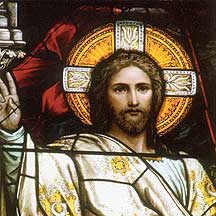







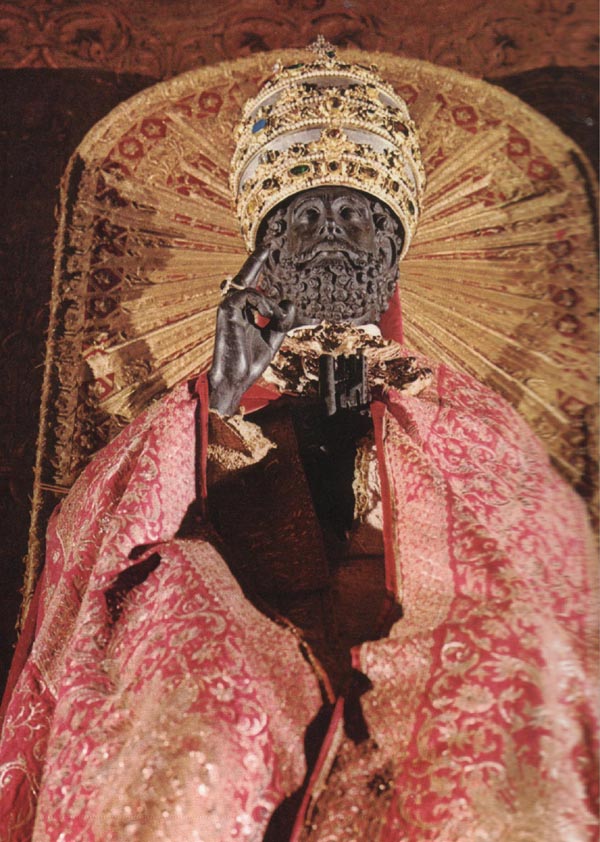
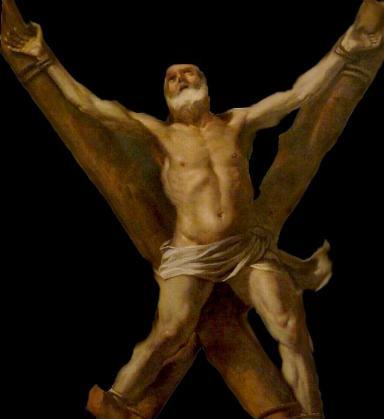




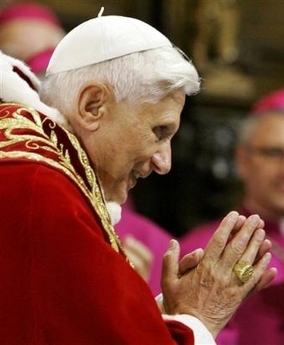






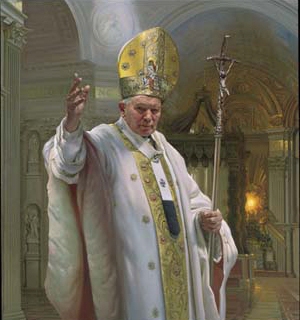
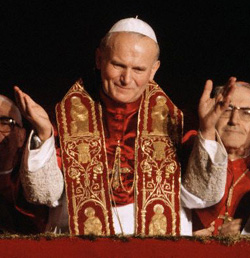
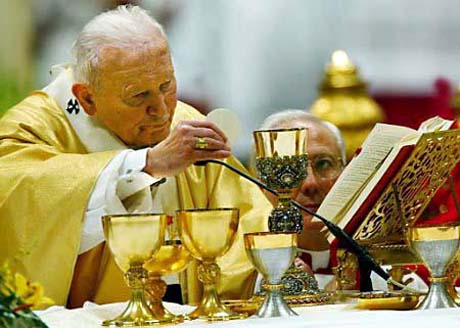







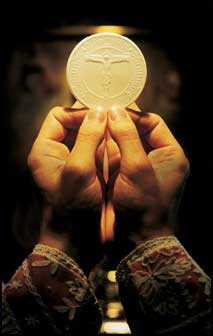
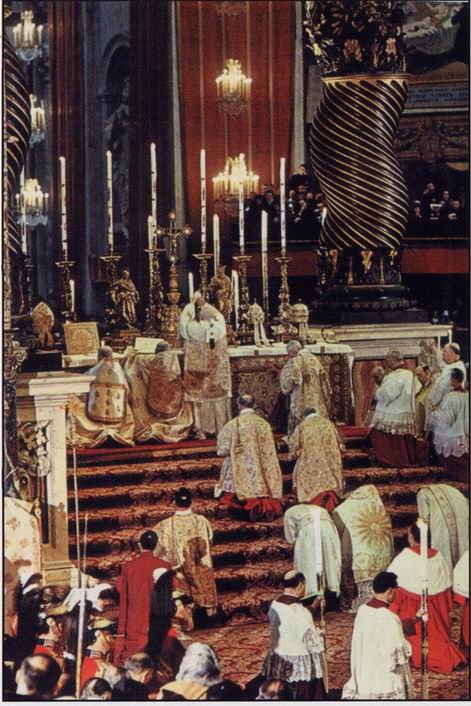

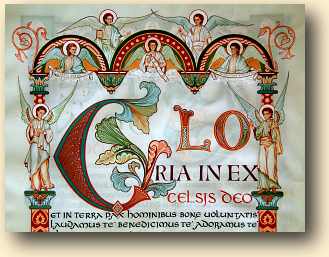

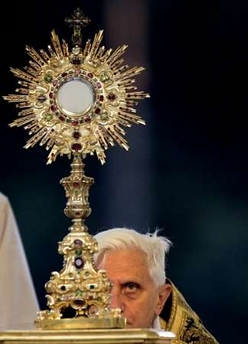


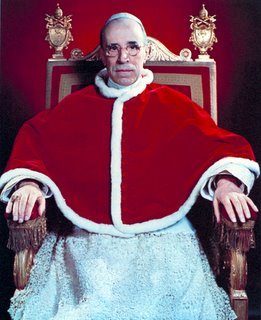




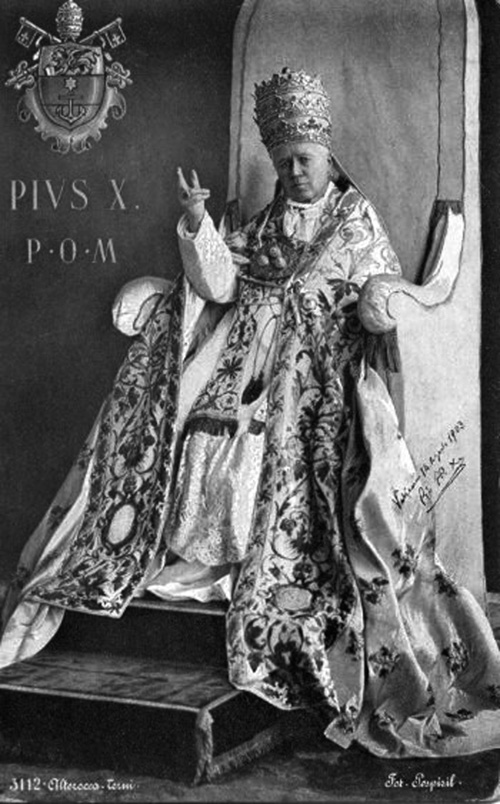



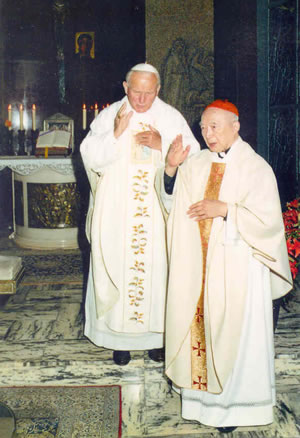






4 comments:
Great posts Andrew! Thank you.
Sometimes I find blogs "elevate" the Pope into some sort of personality cult (usually to the detriment of his predecessors) and I'm always suspicious of this. However, it has to be said, Benedict XVI's love for us shines out and it is impossible not to love and pray for him and the Church in return.
Praise be Jesus Christ!
What does the protodeacon actually do? :S
The Cardinal Deacons are the lowest-ranked of the three orders of Cardinals of the Catholic Church (the others being Cardinal Priest and Cardinal Bishop}. Cardinals elevated to the diaconal order are usually either officials of the Roman Curia or priests elevated after their eightieth birthday. Bishops with pastoral responsibilities on the other hand are created Cardinal Priests.
Cardinal deacons derive originally from the seven deacons in the Papal Household and the seven deacons who supervised the Church's works in the districts of Rome during the early Middle Ages, when the Church administration was effectively the government of Rome and provided all social services.
The Cardinal Protodeacon (that is, the senior Cardinal Deacon in order of appointment to the College of Cardinals) has the privilege of announcing a new Pope's election in the famous "Habemus Papam" announcement given from the central loggia at the Basilica of Saint Peter. The current Cardinal Protodeacon is Darío Cardinal Castrillón Hoyos.
Ah, now I remember. There was that (Chilean?) protodeacon when HH was elected, who so obviously enjoyed telling people the good news. :D sounds like a fun job!
Post a Comment